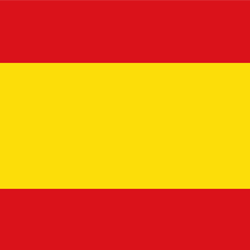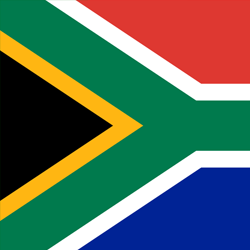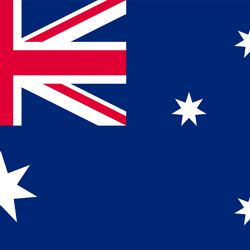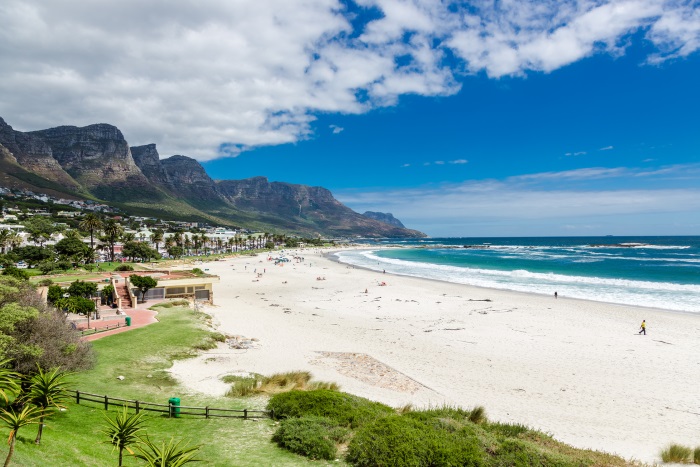Unlike other popular expat destinations you might be considering, there are no legal restrictions on foreign nationals buying property in South Africa. However, just because you don’t have to obtain any special permissions or jump through any particular regulatory hoops before snapping up your dream home doesn’t mean there isn’t still plenty to consider before making the leap.
Buying a property abroad is not always an easy process so we’ve put together some tips to consider when making the move to South Africa so you aren’t caught out and have the smoothest purchase possible.
Be Organised
If you’re serious about buying in South Africa then the first thing you need to do is get in contact with a local estate agent, preferably one registered as a member of the Institute of Estate Agents of South Africa. As almost all property sales in the country are conducted via estate agents, having someone versed in the local market and process should help you to avoid any potential pitfalls, particularly if you can find an agent who has experience with assisting foreign buyers. Also try to make sure you know what your major wants and turn offs are from the start in order to get them on the right track as soon as possible.
Equally important is making sure that you have your finances sorted in good time. The relative weakness of the South African Rand makes for an attractive property market, even after the Pound’s fall in the wake of the EU referendum. This could allow you to upscale significantly and purchase a good investment.
However, as global currency markets are subject to major movements at the drop of a hat it could save you a lot of trouble to lock in your exchange rate ahead of time. Leading currency brokers commonly offer a service known as a forward contract which, for a small fee, will guarantee you an exchange at the current rate for up to a year in advance. If you take advantage of such a service you can rest assured that your purchasing power won’t change, no matter what the exchange rate does in the meantime.
Account for Extra Fees
While the asking price of your chosen property might be a real bargain remember that there are a number of additional costs to take into account, so it’s important not to stretch your budget too far. When you purchase a house in South Africa you’ll be liable for a registration fee, conveyancing fee and transfer duty. These can all add up quickly, making it important to establish these costs ahead of time so that you don’t find yourself getting caught out.
However, it’s worth nothing that houses which sell for less than 750,000 Rand are not subject to transfer duty. Registration fees will also vary depending on the value of the property in question, ranging from 70-1,250 Rand.
Location Scout
Although it is possible to purchase a South African property without once setting foot in the country this probably isn’t the best idea. If you’re intending to relocate permanently it’s essential to do some reconnaissance on the ground before putting down that deposit. Even if you’ve already decided on the general location you’re interested in it’s hard to know which neighbourhood might be the right one for you without having had at least a brisk walk around the area first.
In particular take the time to track down the local amenities in the area you’re looking to buy in, for example finding a good school might potentially be worth shifting your search a little further afield than you might have initially planned. The local crime rate is also worth considering, especially if your property may need its security features upgraded.
Look at Visas
While purchasing a property in South Africa can be relatively straightforward, the visa process is a little more complicated. Before you commit to a property it’s important to know what visa you might be entitled to, and whether you will be eligible to live in the country on a longer-term basis.
If you are a retiree who can offer proof of an income of at least 37,000 Rand per month then you may have the easiest time securing a permanent residence visa. Having specialist skills or qualifications should also stand you in good stead, particularly in there are a lot of vacancies in your job field. Whatever your status be sure to check the South African government website well ahead of time.
However, if you only intend to visit your new home on a seasonal basis UK passport holders are entitled to visit South Africa for a period of 90 days or less without the need for a visa.
These are our top tips for buying property in South Africa, but if you need more information be sure to download our guide to Buying Property in South Africa.









